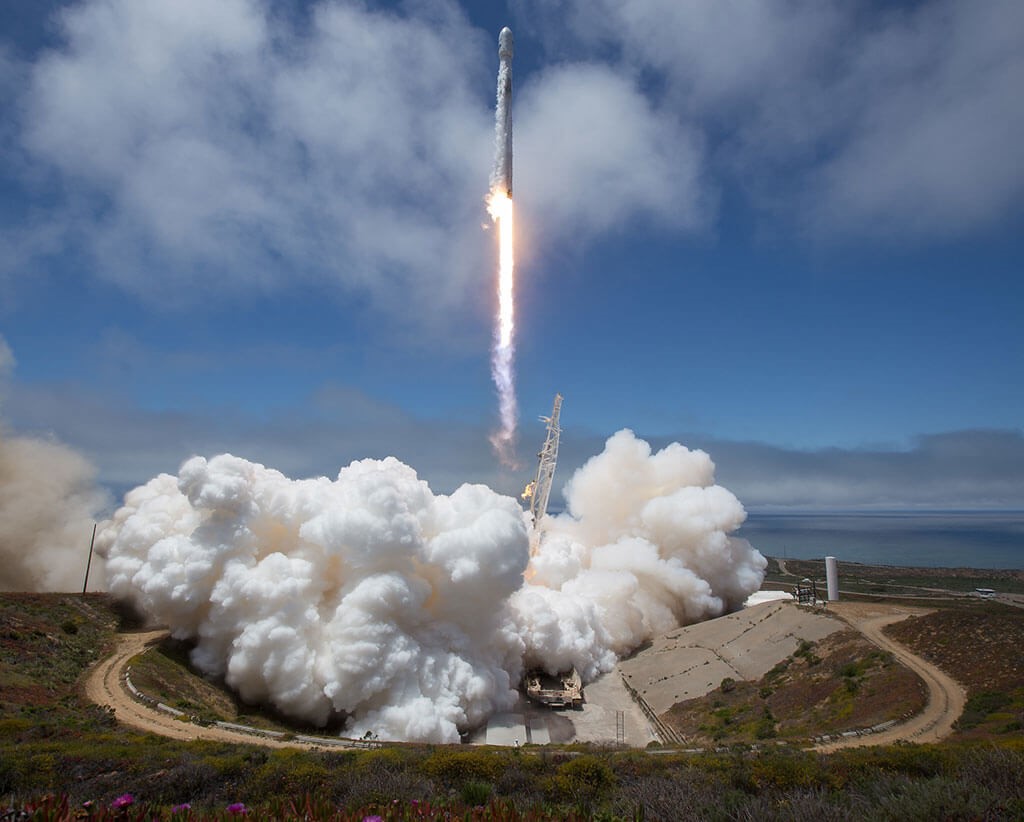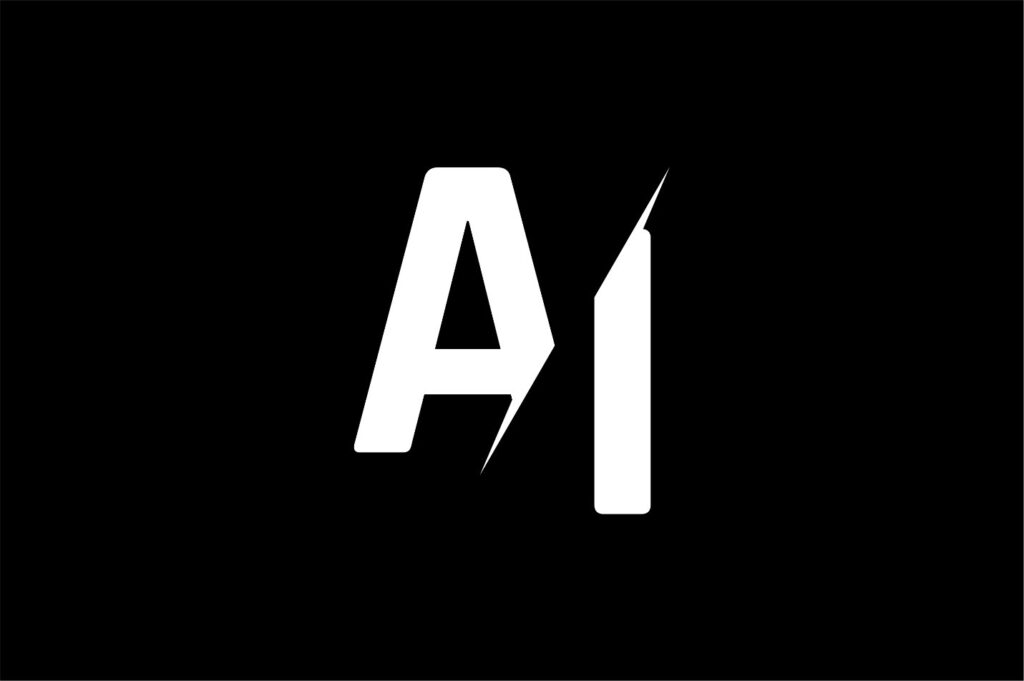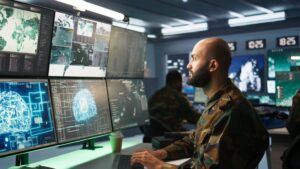
The GRACE Follow-On spacecraft launching into orbit. Credit: NASA/Bill Ingalls
Speaking to Federal News Network in mid-July 2024, Dave Salvagnini, NASA’s first chief AI officer, explains what his mandate is and how he will execute it.
The U.S. Executive Order on “AI, Safe, Secure, and Trustworthy Development and Use of Artificial Intelligence,” issued on November 1, 2023 details the policies and procedures every federal agency must follow to, among other things, promote and deliver the safe, responsible, ethical use of AI while securing the data and fostering innovation.
One of Savagnini’s responsibilities is to ensure NASA’s workforce uses AI responsibly and ethically. Equally important with is helping NASA’s roughly 18,000 employees understand they are ultimately responsible what the AI produces. Whether the data product is produced by a human, AI, or some combination of the two, it’s Salvagnini’s job to help the staff protect proprietary data, ensuring that the data isn’t used in a way that may bypass the security controls the agency has in place. He points out that the data these new AI tools produce will be of a different nature from department to department within the agency. What aviation engineers produce versus what HR produces using AI will be significantly different.
A Well-Equipped Workforce
So far, NASA has identified about 400 use cases – everything from vehicular ground operations to spacecraft and astronauts operating in zero gravity. To manage those use cases across Salvagnini explains that the agency is implementing a federated governance model which has a common theme among the various interagency organizations but allows them to tailor their own governance to their mission’s needs.
The data wrangler-in-chief
Salvagnini is NASA’s chief data officer and now, also its chief AI officer. To help keep things flying right, NASA has created a new position – deputy chief data officer – to wrangle the data in conjunction with managing the AI initiative. After all, Salvagnini points out, AI is largely data and data-driven.
NASA has long used AI in missions such as putting the Perseverance Rover on Mars. That use of AI involves a lot of validation and verification in how AI is used. Now, Salvagnini, points out, the AI will be in the hands of just about every employee in the agency, a substantially different use-case scenario.
I want to take you higher, 1 giagbyte at a time
While Salvagnini is still under the umbrella of NASA’s CIO, Jeff Seton, his is a function that is uniquely different from others whose purview falls under that information umbrella. Each have their roles in managing information, but Salvagnini’s is one that supplements the role of CIO. The objective, however, is the same for both IT leaders – help NASA continue to soar.
Keep up with the latest AAM news, insight and analysis.
To hear Federal News Networks’ complete interview with Dave Salvanini, click here.





